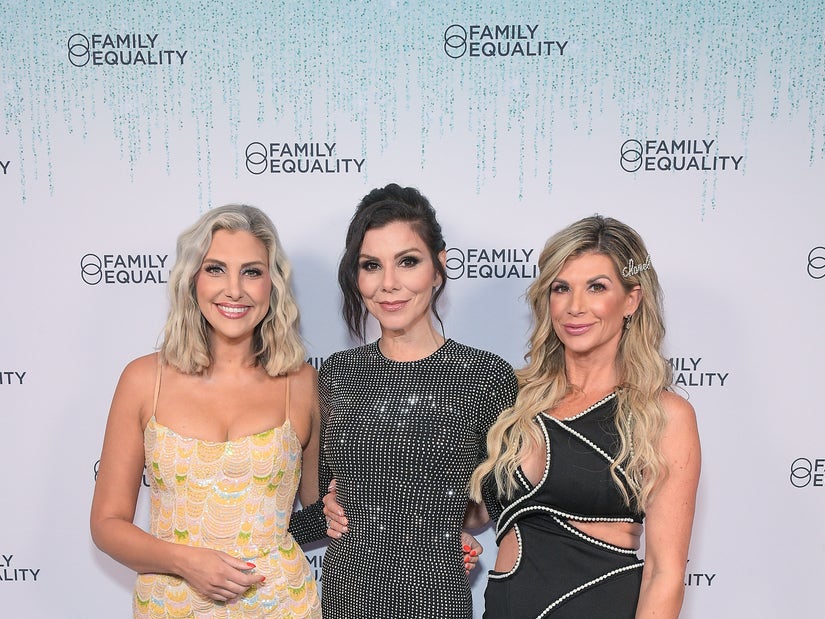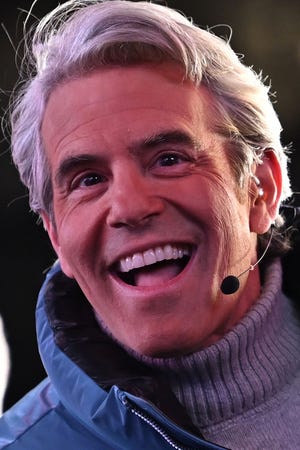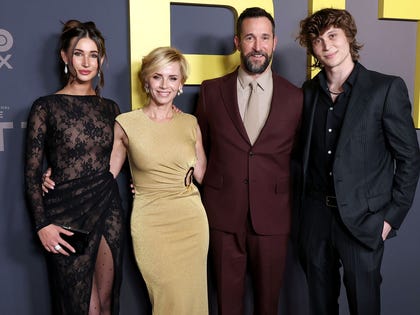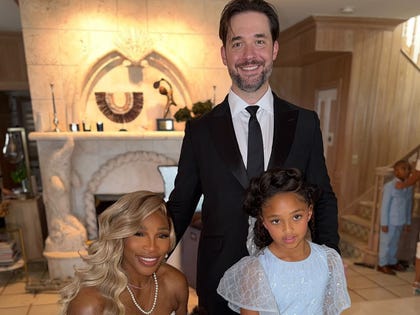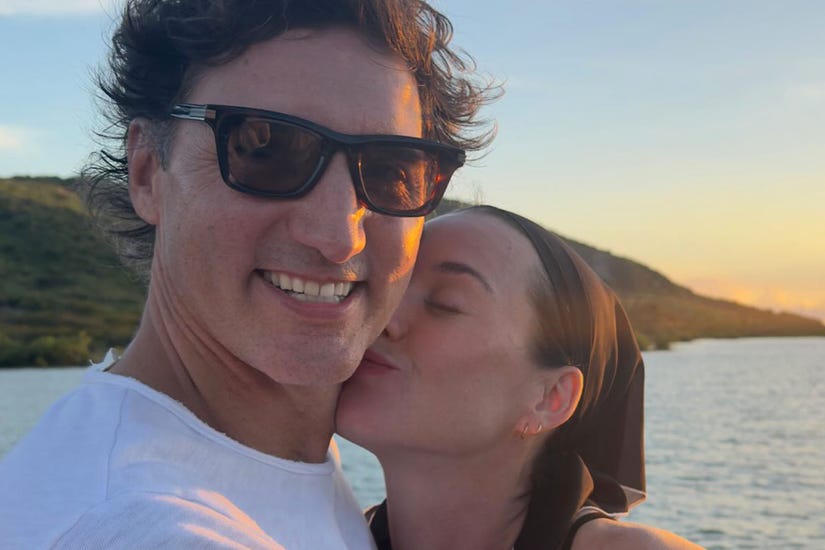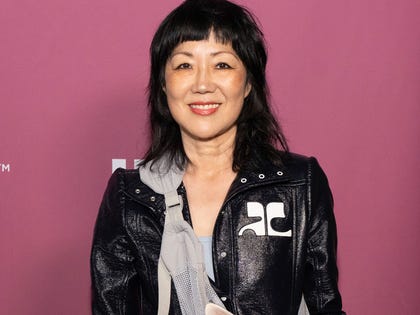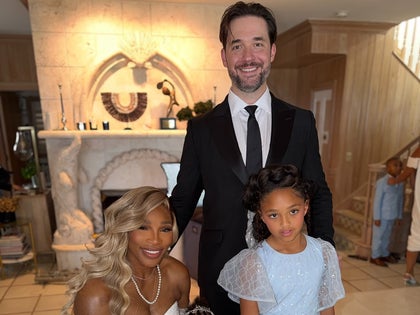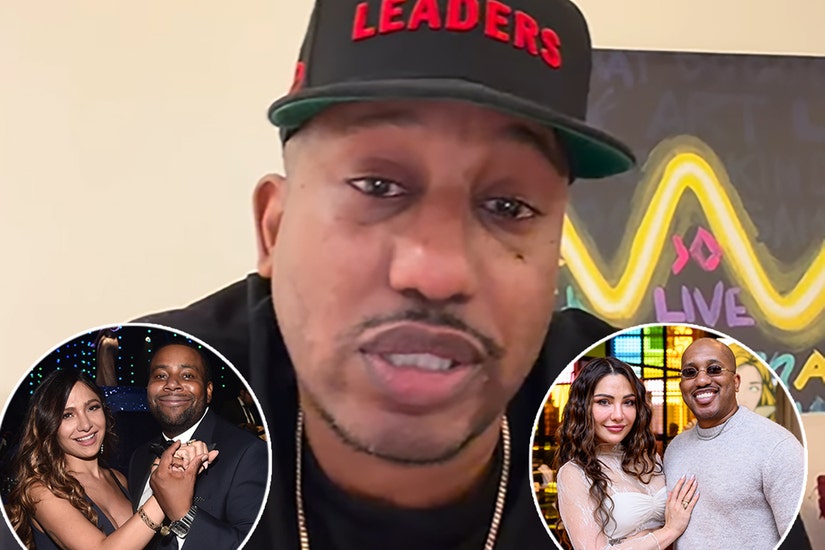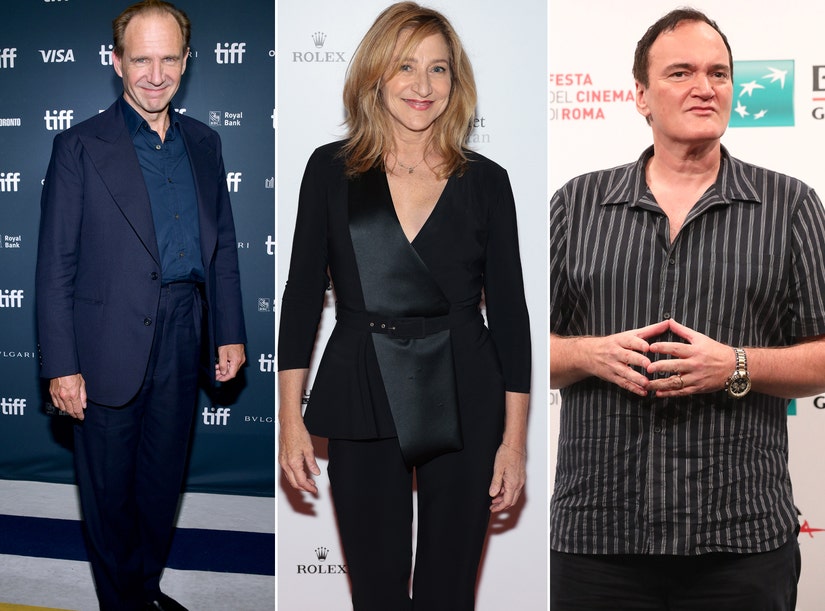 Getty
Getty
"Isn't being shocked, surprised, stirred, the point?"
Movies, television shows and even theater productions can have a lot of shocking moments and they may not be suitable for all audience members. That’s why as of late, many studios have chosen to provide advanced notice to viewers about the controversial content they’re about to see.
These trigger warnings are definitely helpful to people who are sensitive to certain subject matter -- but not everyone is on board. In fact, many actors openly admit that they don’t believe in trigger warnings. They would rather viewers not know anything about the content of a show or performance before they see it. While this may keep an element of surprise, it’s definitely not the right choice for many audience members.
Read on to find out what these stars said about trigger warnings…
1. Matt Smith
Matt Smith recently shared that he’s not on board with trigger warnings before television shows or theater productions. His show, House of the Dragon, has often been criticized for not including warnings but he doesn’t believe they need to be added. The actor, who tends to play polarizing characters, says that telling viewers what to expect before they see it defeats the purpose of a project.
“Isn’t being shocked, surprised, stirred the point?” he told The Times. “It’s okay to feel uncomfortable or provoked while looking at a painting or watching a play, but I worry everything’s being dialed and dumbed down. We’re telling audiences they’re going to be scared before they’ve watched something.”
He continued, “Too much policing of stories and being afraid to bring them out because a climate is a certain way is a shame. I’m not sure I’m on board with trigger warnings.”
2. Edie Falco
When Edie Falco starred on The Sopranos, the show didn’t offer trigger warnings before controversial episodes -- even though the series “was always shocking somebody about something.” Looking back, she says the point was to surprise people, which is now lost with trigger warnings.
“You could push the envelope and let people be uncomfortable -- forgive me, but without a trigger warning,” she said in the Wise Guy: David Chase and the Soprano documentary. “The whole point is you want to surprise people and give them feelings that maybe are uncomfortable and have them learn to deal with them. That, my friend, is life…You’re not going to be given trigger warnings when terrible things happen.”
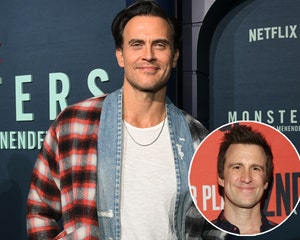 Getty
Getty
Cheyenne Jackson Shares Moving Last Message from Late Broadway Star Gavin Creel
View Story3. Judi Dench
When Judi Dench learned that many theatergoers were being given trigger warnings before the start of plays and other productions, she says she was truly surprised. She joked that there must be “pretty long trigger warnings” before King Lear and Titus Andronicus -- and added that if people were so sensitive, they probably should avoid the theater.
“I can see why they exist, but if you’re that sensitive, don’t go to the theater, because you could be very shocked. Where is the surprise of seeing and understanding it in your own way?” she told the UK’s Radio Times.
4. Ralph Fiennes
Ralph Fiennes is firmly against trigger warnings, explaining that he believes that people who visit the theater should be “shocked and disturbed” by what they see. While he doesn’t support most trigger warnings, he does believe there should be an exception for triggers that could “affect people physically” like strobe lights.
“I think we didn’t use to have trigger warnings. I mean, there are very disturbing scenes in Macbeth, terrible murders and things. But I think the impact of theater should be that you’re shocked and you should be disturbed. I don’t think you should be prepared for these things and when I was young, never had trigger warnings for shows,” Ralph told BBC One’s Sunday with Laura Kuenssberg.
He continued, “Shakespeare’s plays are full of murderers, full of horror. As a young student and lover of the theater, I never experienced trigger warnings telling me: ‘By the way in King Lear, Gloucester is going to have his eyes pulled out’ … Theatre has to be alive and connect in the present. It’s the shock, the unexpected, that’s what makes an actor [in] theater so exciting.”
5. Ian McKellen
When Ian McKellen was starring in Frank and Percy in London, the play featured trigger warnings about strong language, sexual references and grief -- and Ian thought the whole thing was ridiculous. He didn’t hold back when asked how he felt about those warnings being in theaters.
“Outside theaters and in the lobbies, including this one, the audience is warned ‘there is a loud noise and at one point, there are flashing lights,’ ‘there is reference to smoking,’ ‘there is reference to bereavement,’” Ian told Sky News. “I think it’s ludicrous. I quite like to be surprised by loud noises and outrageous behavior on stage.”
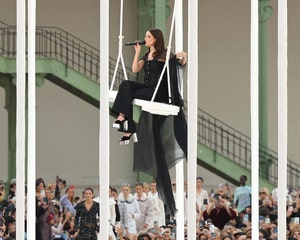 Getty
Getty
Riley Keough Sings Iconic Prince Song In Chanel Birdcage Fashion Parade
View Story6. Cate Blanchett
Cate Blanchett says that she believes the overuse of trigger warnings is preventing people from having candid, deep conversations. When it comes to theater, she believes there is no better feeling than viewing a production “with a bunch of strangers in the dark, collectively committed to watch what you are dealt with, to then discuss robustly” -- even if it offends you or challenges your thoughts.
“Culturally we are terrified of tough conversations…but we need them,” she told The Times. “We talk about radical candor, but when there’s a trigger warning in front of something you are implying that there is a lack of mutual respect or that the subject hasn’t been properly interrogated.”
7. Quentin Tarantino
Quentin Tarantino is not a fan of trigger warnings, explaining that he believes that being offended by material is the “first response of a very narrow mind.” Even though he’s been offended by movies in the past, especially one particular film he found “racist,” he’s come to the realization that it was “his problem” and it was “just a movie” at the end of the day.
“I reject the word ‘offended.’ Anyone can be offended by anything. Frankly, I think most of the time -- and there are no doubt some exceptions -- saying that you are ‘offended’ by a film is the first response of a very narrow mind. ‘I didn’t like it, and here’s why, blah blah blah…’” Quentin told La Liberation.
He continued, “But, man, being offended? Art is no offense. And, although, in rare cases, I can understand it, it’s just ridiculous to be offended by the content of a film.”
 Getty
Getty
Shawn Mendes Opens Up About Break-Up With Camila Cabello: 'Love Is A Lot'
View Story8. Christopher Biggins
British actor and television personality Christopher Biggins had a strong response to learning that The Globe Theater was issuing warnings before their production of Romeo and Juliet. He called the whole thing “wokeness gone mad.”
“If you’ve got to give warning signs for Shakespeare where do you stop? Do we have to have signs for everything under the sun? It’s a joke. What they are trying to do is insulting to the mentality of theatergoers,” Christopher said. “You go to the theater because you want to go and see something, I don’t know anyone who goes on a whim, and says let’s go and see what this is like.”

